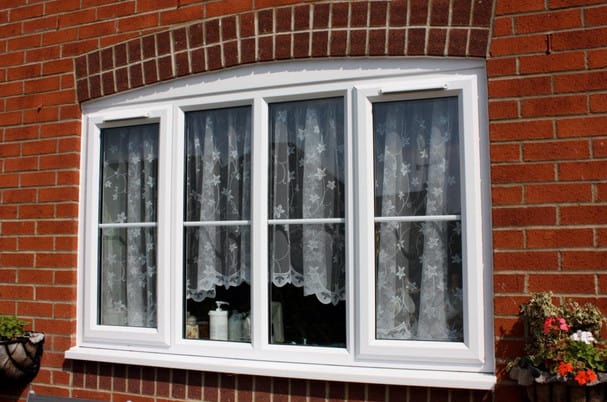All Categories
Featured
Table of Contents
Why Double Glazing Keeps Your Home Cooler In Summer? in Karawara WA
That window can send more solar heat in winter than in summertime. A west-facing window on a summertime's afternoon has an angle of incidence from near 0 as much as 30 with a big efficient area of solar radiation. A north-facing window, in summertime, has a high angle of occurrence and a low efficient location of solar radiation, so can send less heat than a west-facing one.

But you can rapidly and easily improve the thermal performance of your home by changing your windows. This is among the most reliable techniques of restoration to attain enhanced thermal convenience. There are thousands of kinds of glass and frames to select from. Selecting the ideal ones is essential to improving the energy performance of your home.
What Is The Best Glazing For My Home? - Part 2 in Rossmoyne WA
There are various types of glass products to pick from. Single glazing uses a single pane of glass. Single glazing with clear glass is not very efficient when it comes to heat loss or gain. To enhance efficiency, you can utilize single glazing with a more energy-efficient kind of glass such as low emissivity (low-e) glass.
Several layers can be assembled with sealed cavities in between each sheet of glass. IGUs usually provide much better energy performance than single glazing, due to the fact that they transmit less energy. However, the energy performance of IGUs also depends upon: the homes of each layer of glass. Various glass types (for example, clear and low-e glass) can be created in an IGU.
Double Glazed Windows in Edgewater WA

IGU cavities can be filled with air or a more inert, low-conductivity gas such as argon the width of the cavity. Wider cavities supply lower (much better) U worths, with 12mm normally accepted as the preferred gap how well the cavity is sealed.
If argon is installed to the cavity in place of air, wetness is dependably omitted the level of desiccant (drying representative). The spacer (metal or polymer strip) that separates the glass layers includes a desiccant to soak up any moisture. Insufficient desiccant may cause wetness to condense on the glass surface in cold conditions, lowering thermal performance.
Windows Of Opportunity: Your Guide To High-performance ... in Menora Perth
In reality, IGUs can provide much better energy efficiency for all climates, specifically in heated and air-conditioned homes. Cross-section detail of single, double and triple-glazing units Low emissivity glass (frequently understood as low-e glass) minimizes heat transfer. Low-e glass might be either high or low transmission: High transmission low-e glass has a coating that allows daylight from the sun to pass into the home to attain great solar heat gain, but reduces the amount of the long wavelength infrared heat that can get away back through the window.
Low-e glass has either a pyrolytic covering or a vacuum-deposited thin film metal finishing. Pyrolytic coverings are resilient and can be utilized for any glazing; vacuum-deposited finishings are soft and are only utilized within IGUs. Low-e coverings can significantly improve both U value and SHGC; however, they must be used properly or they will either deteriorate or stop working to carry out as needed.
What Are The Best Double Glazed Windows In Australia? in North Fremantle Western Australia
Low-e coatings can be utilized in mix with clear, toned or reflective glass. Low-e coverings on glazing can minimize heat transfer where required Photo: Department of Industry, Science, Energy and Resources Toned glass has actually colouring ingredients included throughout manufacture. It is available in numerous colours, normally bronze, grey, blue and green.
Table of Contents
Latest Posts
Fitting A Cabin In Your Garden? Get Double Glazing Fitted Too in Connolly Perth
Brisbane's Best Double Glazed Windows in Stirling Western Australia
Twinglaze® Double Glaze Specification Act - Vic in Bickley Western Australia
More
Latest Posts
Fitting A Cabin In Your Garden? Get Double Glazing Fitted Too in Connolly Perth
Brisbane's Best Double Glazed Windows in Stirling Western Australia
Twinglaze® Double Glaze Specification Act - Vic in Bickley Western Australia